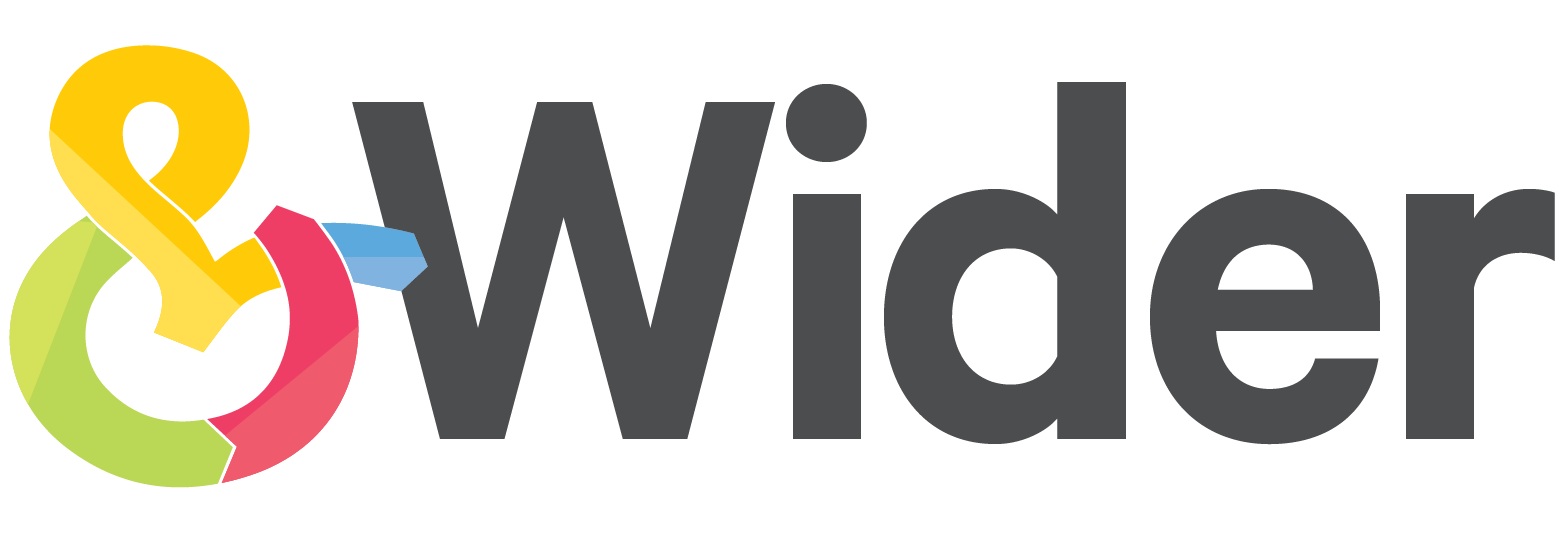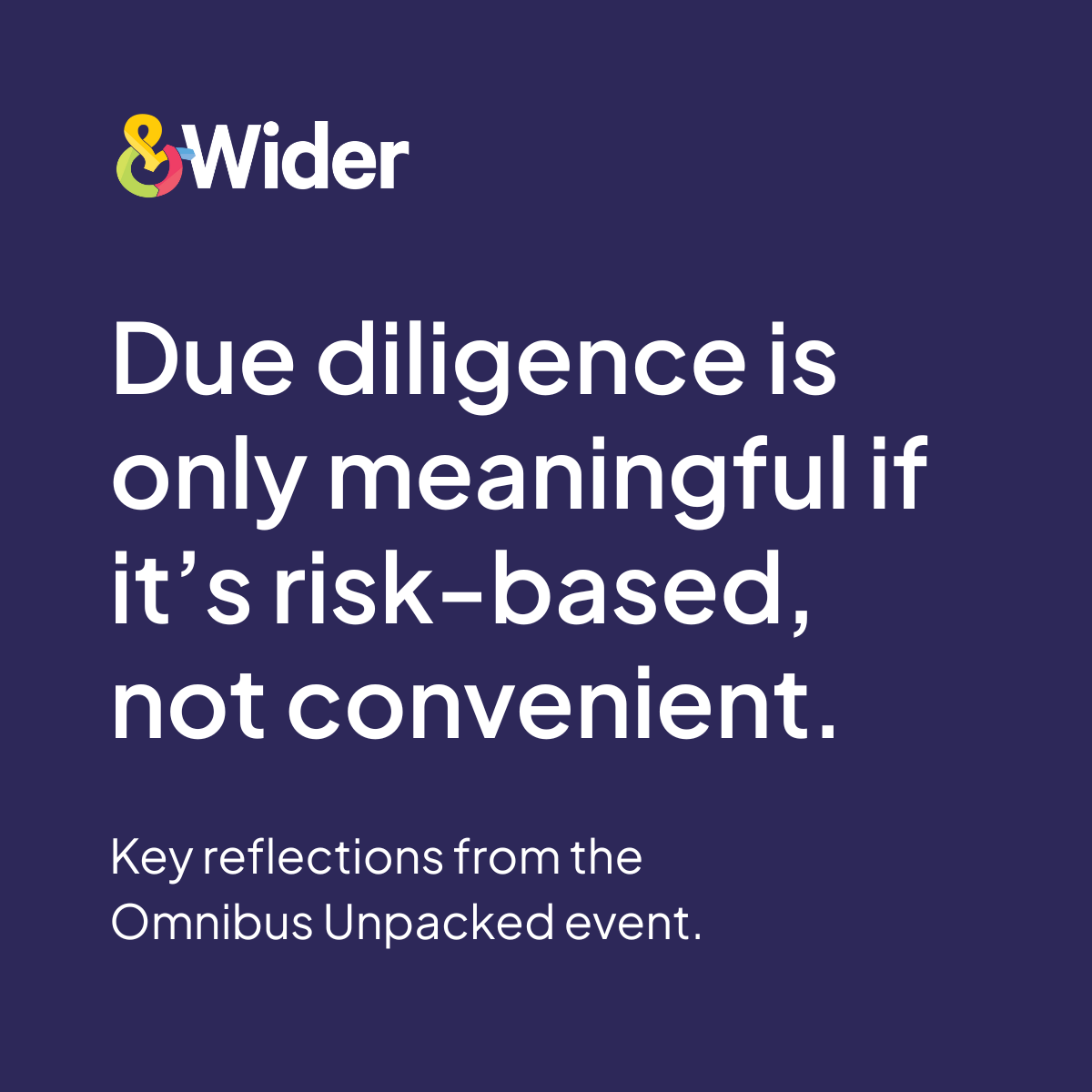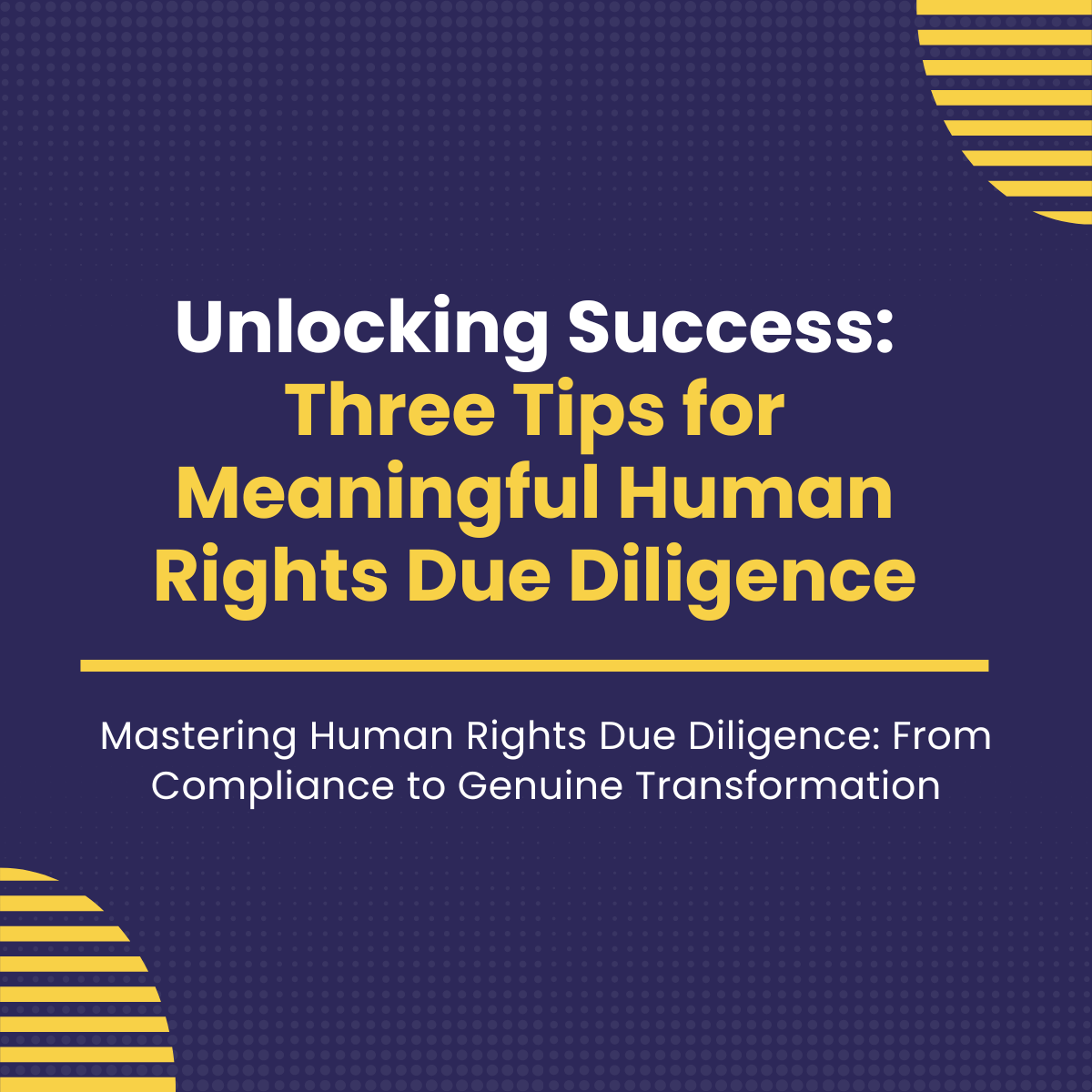Supply chain risks rarely start with headlines — they start with people. A missed wage payment. Unsafe overtime. A broken safety guard. Without direct worker reporting, these risks stay hidden until it’s too late.
That’s why the future of human rights due diligence rests on three pillars: hearing the truth through worker voice monitoring, predicting patterns with tools like RAPT, and driving change through real stakeholder engagement. Together, they don’t just reduce business risk — they protect livelihoods and safeguard dignity.
Read More



















